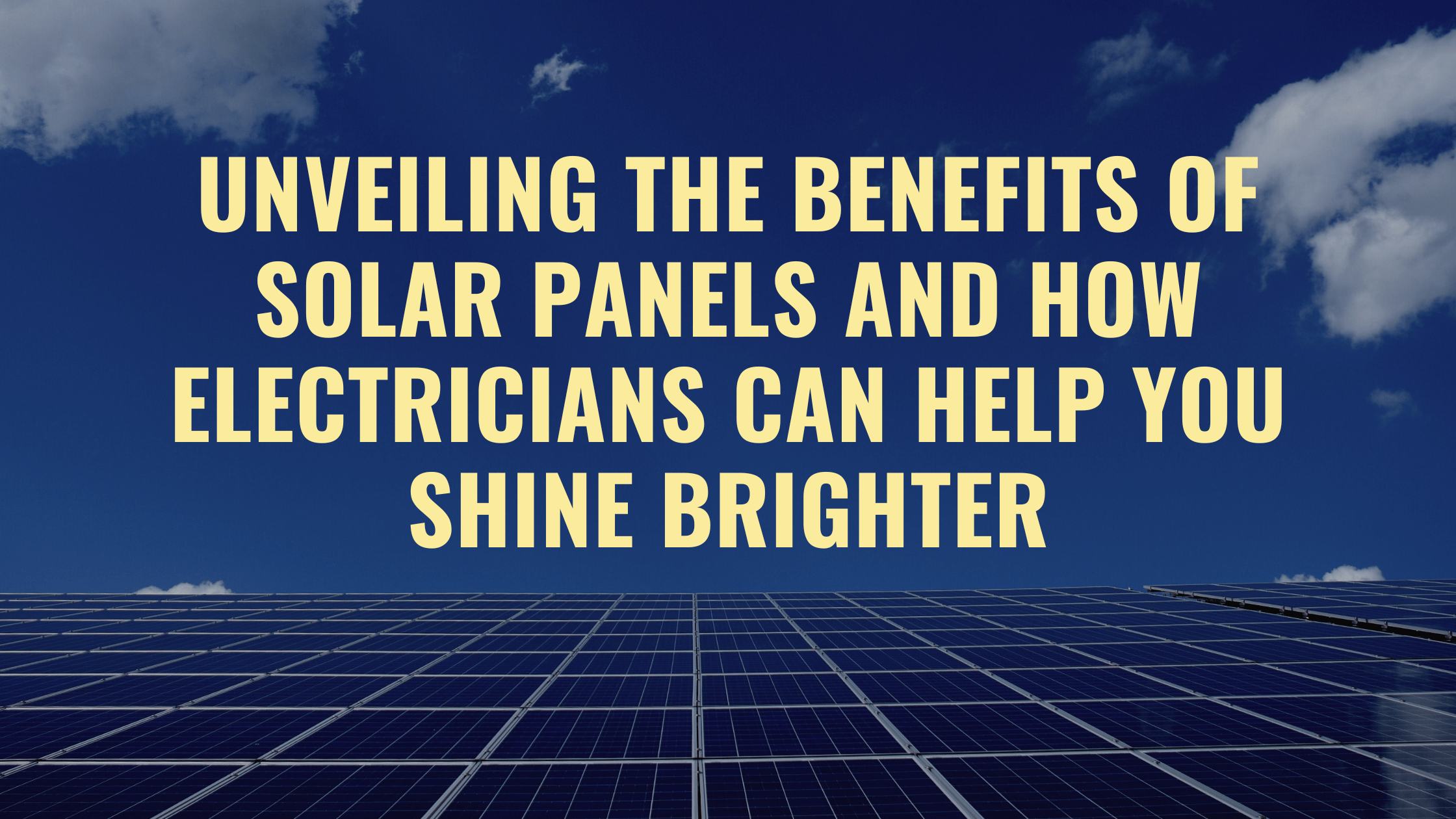Cut Down Energy Bills with Simply Solar Illinois – Learn About Your Choices
How Solar Power Can Aid You Save Cash and Decrease Your Carbon Footprint
The combination of solar power right into your energy profile provides a compelling possibility for both monetary cost savings and environmental stewardship. As numerous government rewards end up being readily available, the concern emerges: exactly how can one successfully navigate the first financial investments and ongoing advantages of solar modern technology to make best use of both financial and environmental gains?
Comprehending Solar Power Cost Savings
While the transition to solar power typically involves an initial financial investment, comprehending solar energy cost savings is critical for homeowners and businesses alike. Solar power systems can significantly decrease power bills by utilizing the sun's energy, equating right into considerable long-term financial benefits. By producing their very own power, individuals decrease dependence on grid power, which is subject to varying costs. These financial savings can build up with time, often resulting in a fast return on financial investment.
In addition, solar energy systems may get approved for various economic rewards, consisting of tax credit reports and refunds, even more enhancing their cost-effectiveness. The schedule of internet metering enables users to market excess power back to the grid, producing an added income stream. These elements add to the general cost savings connected with solar power.

In enhancement to route financial financial savings, solar power offers the added advantage of enhancing residential or commercial property value. Homes geared up with solar panels are typically much more appealing to customers, as they promise reduced power prices - Simply Solar Illinois. Recognizing these components is crucial for anybody taking into consideration solar power, as it highlights not just the potential financial gains, yet additionally the more comprehensive ecological and financial advantages of adopting renewable resource options
Preliminary Expenses vs. Long-Term Benefits
When evaluating solar energy, it is essential to consider the first expenses against the long-term advantages. The in advance investment for photovoltaic panels, installment, and associated equipment can be significant, commonly ranging from $15,000 to $30,000, relying on the system dimension and home energy needs. This first expenditure might prevent some homeowners; nonetheless, it is crucial to think about the potential cost savings over time.
As soon as mounted, solar energy systems can significantly decrease and even get rid of monthly power expenses, resulting in significant long-lasting financial advantages. Research studies indicate that homeowners can conserve anywhere from $10,000 to $30,000 over the lifespan of their planetary system, generally 25 years. Furthermore, many states provide incentives, tax credit histories, and discounts that can offset preliminary prices, making solar more obtainable.

Minimizing Your Carbon Footprint
Lowering your carbon footprint is an essential consideration in today's eco mindful society, and taking on solar power is just one of the most efficient approaches to attain this goal. Solar power is a clean, renewable energy that substantially diminishes reliance on fossil gas, which are major factors to greenhouse gas exhausts.

Moreover, the extensive fostering of solar innovation encourages the advancement of green tasks and supports innovations in power storage and effectiveness. The even more individuals and companies purchase solar power, the higher the cumulative reduction in carbon exhausts, fostering a cleaner environment for future generations.
Federal Government Incentives and Discounts
Embracing solar energy not only profits the environment yet can also cause significant monetary savings, specifically with the accessibility of federal government incentives see page and refunds. Numerous government, state, and neighborhood programs are created to urge property owners and organizations to invest in solar power systems, making the change more budget-friendly.
Among one of the most prominent rewards is the Federal Financial Investment Tax Obligation Credit Report (ITC), which allows solar system owners to subtract a significant percent of the installment costs from their government tax obligations. This incentive has been critical in minimizing the ahead of time expenses related to solar power systems. Additionally, many states provide their very own tax debts, gives, and refunds that can even more boost cost savings.
Moreover, some city governments supply residential property tax obligation exceptions for solar installments, ensuring that homeowners do not face increased home tax obligations as a result of their renewable resource financial investments. Energy business may additionally use rewards, including net metering and feed-in tariffs, which allow solar power individuals to sell excess power back to the grid.
Choosing the Right Planetary System
Picking the proper solar system is essential for making best use of power effectiveness and financial advantages. The choice rests on a number of factors, including power requirements, budget, and readily available area. Property owners should start by examining their electrical power intake to figure out the system size needed for optimal performance.
Next, take into consideration the different kinds of solar innovations available. Simply Solar Illinois. Solar (PV) panels are the most common, transforming sunlight directly right into electrical power, while solar thermal systems concentrate address on heating water. Each kind has unique benefits depending on specific requirements
Budget plan factors to consider are likewise paramount. Preliminary installation expenses can differ substantially, so it is necessary to compare quotes from several service providers and discover funding options. Federal government motivations and discounts can even more minimize the economic burden, making solar systems extra available.
Final Thought
The environmental advantages of solar power contribute to sustainable practices vital for combating environment modification. Government rewards enhance the usefulness of solar technology fostering, urging a shift towards a cleaner, much more financially efficient power resource.